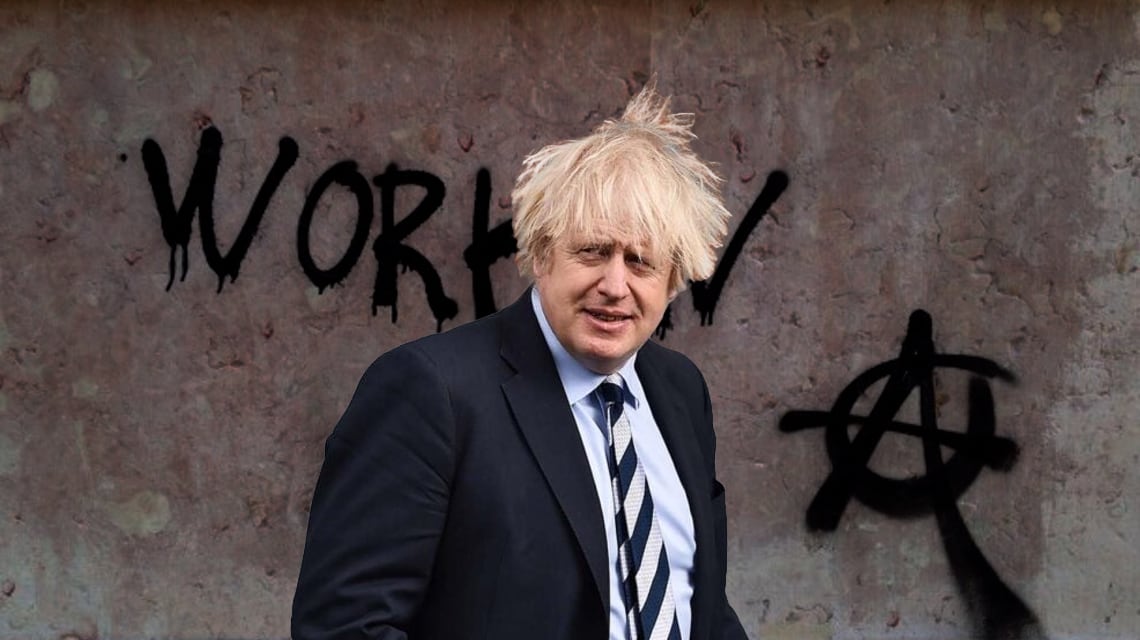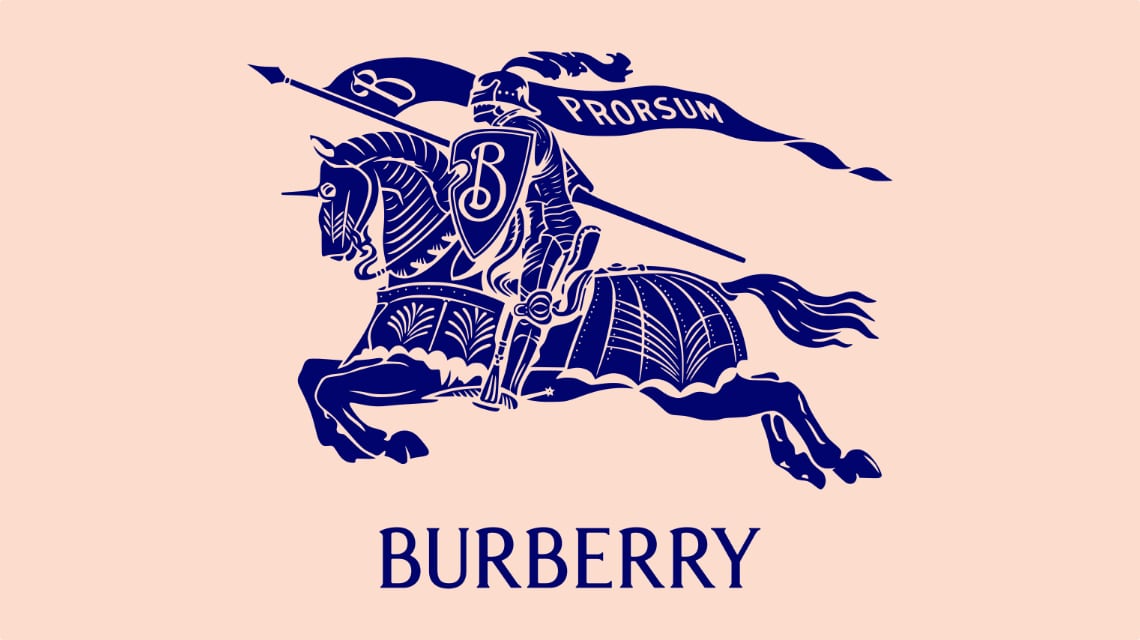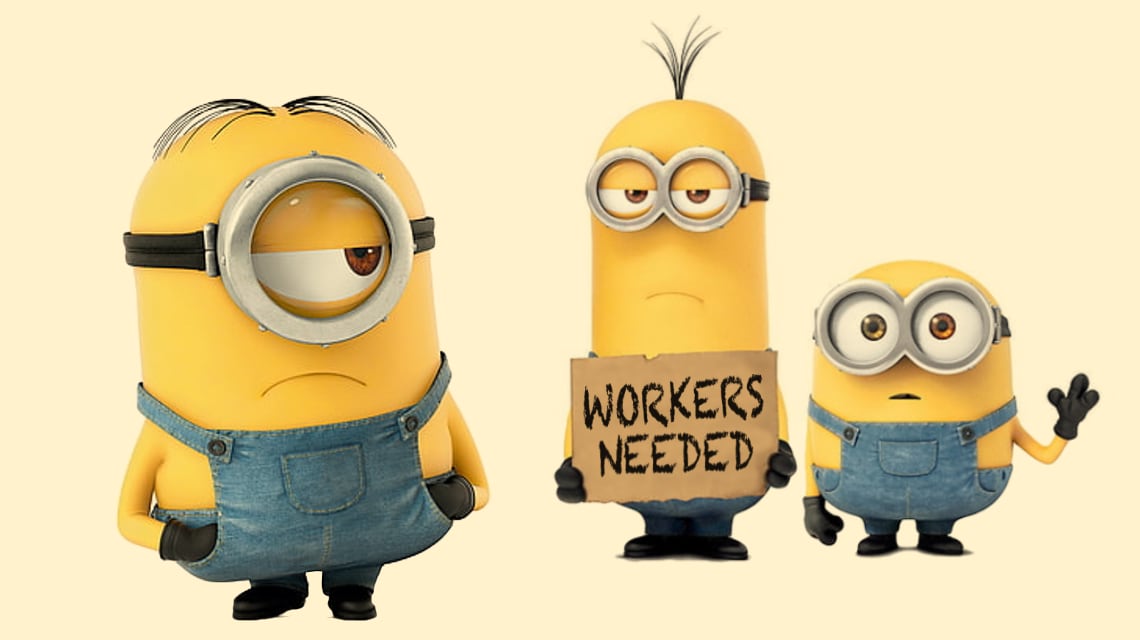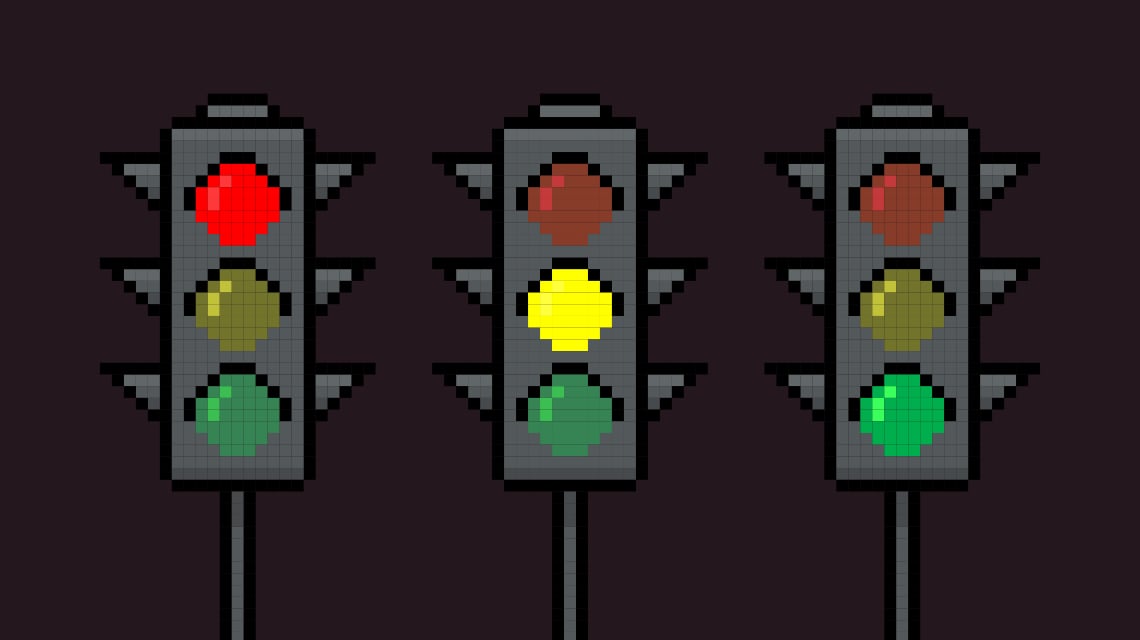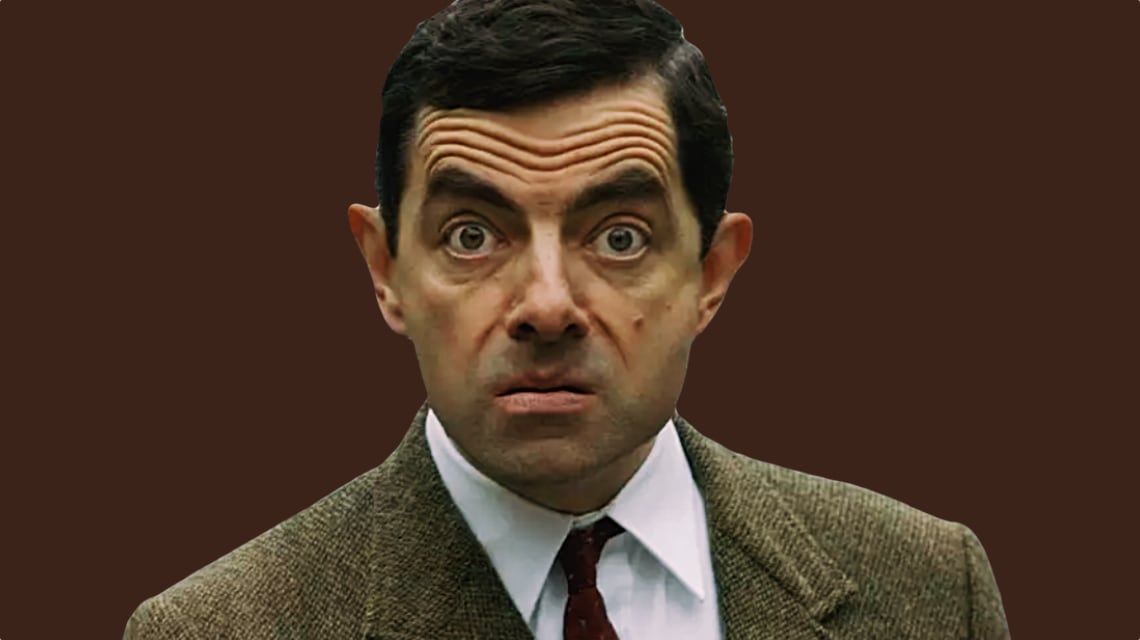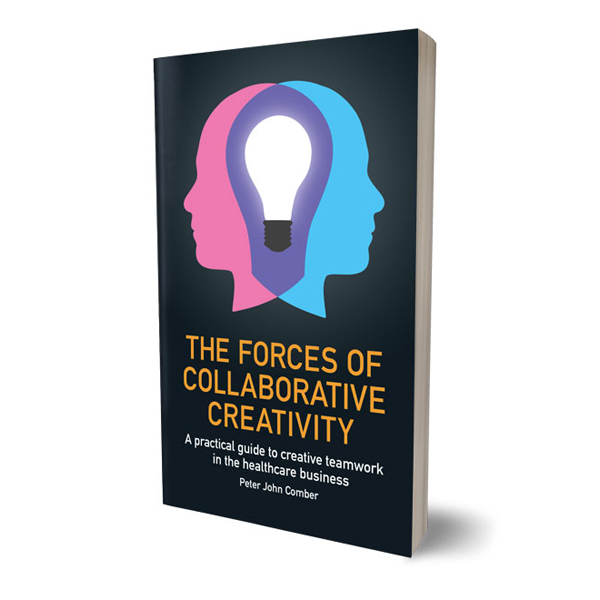“Many of you will die.”
What can Boris Johnson tell us about brand image?
Politicians are brands; they cultivate a recognisable aesthetic and use media opportunistically to further their goals by influencing people. Getting a percentage of the population to vote for you is comparable to getting them to buy a product image is a factor. Boris Johnson, the Prime Minister of the United Kingdom, has never had a reputation for truthfulness or trustworthiness. So, what makes Boris Johnson a successful brand?
As an introduction, or a reminder, here is a brief history of brand Boris. He began his career as a public figure in journalism. He was promptly fired from his first job at, The Times newspaper, for completely fabricating a quote for an article. His career continued at other publications but as a journalist, he was always better at distorting than reporting. One of his favourite targets was the EU, the false claims in Johnson’s articles about Brussels Eurocrats include: a plan to ban British sausages; hiring expert noses to ensure that Euro-manure smells the same; limits on the power of vacuum cleaners; regulation of the acceptable curvature of bananas.
In 2008 he was elected Mayor of London. During his first week on the job he arrived late for two official functions and at the end of the third week he went on holiday for a week. He shambled through his term, continuing journalistic work for the Daily Telegraph - that allowed him to nearly treble his income - alongside the mayoral job he considered poorly remunerated. In 2012, Johnson was re-elected.
From February 2016, Johnson became an active campaigner for Vote Leave in the "Out" campaign for the 2016 United Kingdom European Union membership referendum. On the eve of the referendum, he declared June 23rd could be "Britain's independence day".
The victory of the "Leave" campaign, forced the then prime minister to resign and Johnson was widely regarded as the front-runner to succeed him but Johnson announced he would not stand in the Conservative leadership election. He would stand and win that position three years later and on 24th July 2019, he was appointed Prime Minister. Six weeks later he lost his parliamentary majority when numerous members of his own party withdrew their support - including Jo Johnson, his brother. That triggered a national election which, on December 12th, saw Johnson re-elected with 43.6% of the vote and a landslide majority of 80 seats in parliament. The key slogan of Johnson’s campaign was "Get Brexit Done". A few months later the COVID-19 pandemic occurred. On March 12th Johnson told the nation that "Many families will lose loved ones before their time" in a speech that the Daily Mail newspaper called "one of the bleakest messages delivered by any modern prime minister". Most recently he has been fined by the Police for ignoring his own government’s lockdown laws and attending various "bring your own booze" social gatherings at the Prime Minister’s official residence.
Awareness.
Boris Johnson is famous not because he is Prime Minister, he became Prime Minister because he was famous. From early on he has embraced scandal and controversy, realising that it increases his brand awareness while causing manageable adverse effects.
Differentiation.
With his dishevelled and uncombed look, Johnson stands out from the starched homologation and smart respectability typically associated with politicians. He looks different and his imperfection makes him relatable to the bulk of the electorate (see Appeal).
Consistency. BJ is a master at projecting authenticity. He’s as opportunistic and two-faced as any politician but he manages to pass off his duplicitousness and barefaced u-turns like a schoolboy winking at his classmates while promising the headmaster he’ll change his ways. As an adorable rascal, he can get away with almost anything and also remain true to himself.
Appeal. Alexander Boris de Pfeffel Johnson is a product of privilege, educated at Eton and Oxford. Selecting the more mainstream elements of his name, he established the Boris Johnson brand. BoJo is a plucky, have-a-go type who embodies certain British qualities. His genius disguise of roguish fuck-up subverts his provenance, making him an accidental toff, a fake outsider (who knows what faux-pas are and uses them strategically whenever they occur, intentionally or not).
Trust. Johnson has been accused of lying, fabricating and misleading throughout his career. BBC News described his torrent of mystification as a strategy to, “bamboozle the listener with a blizzard of verbiage”. In reality, his colleagues, competitors and recent predecessors are all equally duplicitous. In a category perceived as being comprised entirely of liars a stylish, entertaining and consistent liar is a viable option.
Purpose. Boris is a populist-conservative. One of his favourite phrases and policies is ‘levelling up’. Notionally, he stands with and for the ‘left behind’. He exudes and champions Britishness, flirting with positions that are xenophobic while avoiding outride racism due to the multiethnic composition of the nation. Patriotism is an inclusive emotional lever that he uses to justify all sorts of misinformation and mischief.
Boris Johnson is an effective brand because he knows his market, understands his customers and is an effective and engaging communicator. Even when his actions are arrogant, callous or self-serving his bumbling demeanour makes him seem unthreatening, even likeable. Ultimately though, the BoJo brand is successful in large part because of the weakness of his competing brands.
